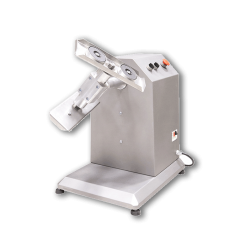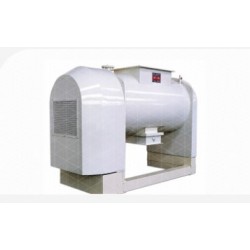Chocolate Processing
Chocolate is a popular sweet treat loved by many. It is made from cocoa beans and there are different methods of processing it. Here are some of the ways to process chocolate:
Fermentation
Before chocolate can be made, cocoa beans must be fermented. During this process, the beans are placed in baskets or boxes and covered with banana leaves. They are then left to ferment for several days. Fermentation helps to remove the bitterness of the beans and develop their flavor.
Drying
After fermentation, the beans are spread out to dry in the sun for about a week. This helps to reduce the moisture content of the beans to about 7%.
Roasting
The dried beans are then roasted to bring out their flavor. Roasting can be done at different temperatures depending on the desired flavor. The beans are roasted until they turn brown and their shells crack. This process also helps to remove any remaining bitterness.
Grinding and Conching
The roasted beans are then ground to produce cocoa liquor. This liquor can be processed further to produce cocoa powder or chocolate. The grinding process involves passing the cocoa liquor through a series of rollers to produce a smooth paste. The paste is then transferred to a conching machine. Conching is a process that involves mixing and heating the chocolate to give it a smooth texture and to remove any remaining bitterness.
Tempering
Tempering is the process of heating and cooling chocolate to produce a smooth and glossy finish. This process involves melting the chocolate and then cooling it down to a specific temperature. The chocolate is then reheated to a specific temperature before it is poured into molds.
For industrial tempering of chocolate, there are specialized machines that can handle large quantities of chocolate. These machines have a heating and cooling system that ensures that the chocolate is heated and cooled to the precise temperature needed for tempering. The chocolate is then poured into molds or onto a surface and left to cool and harden.
- New
- New
CHOCOCON 150 chocolate / compound processing unit
- New

 English
English
 Deutsch
Deutsch
 Français
Français
 Español
Español
 Italiano
Italiano
 Português PT
Português PT











